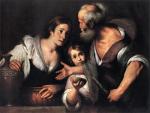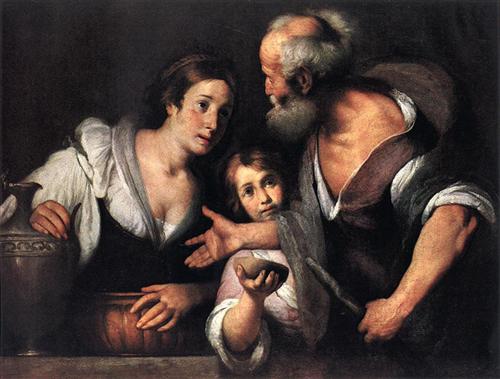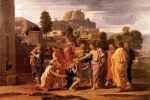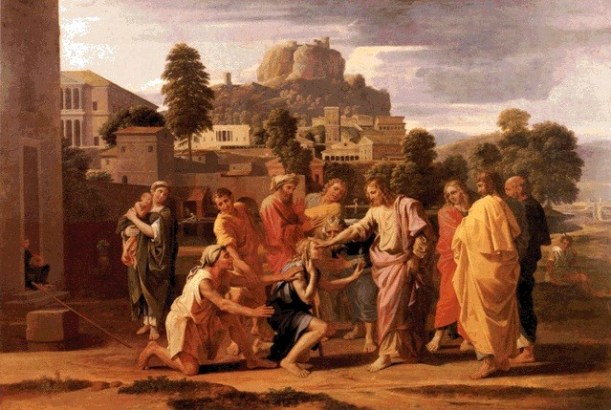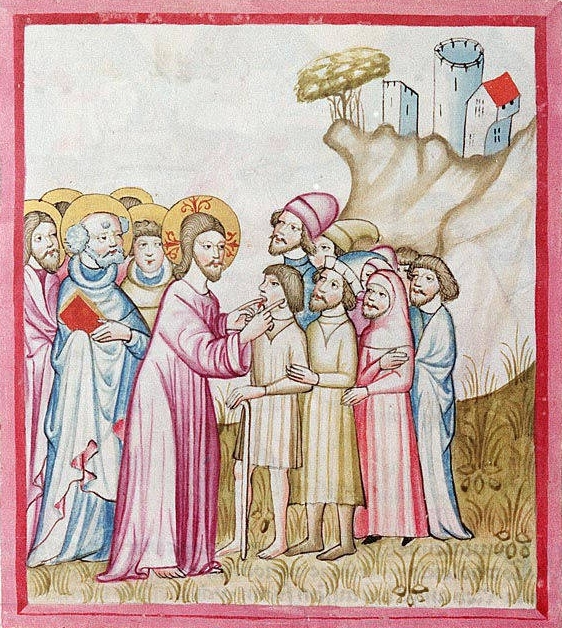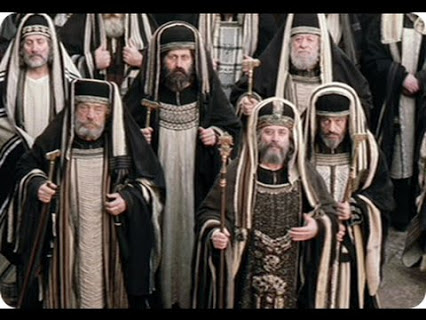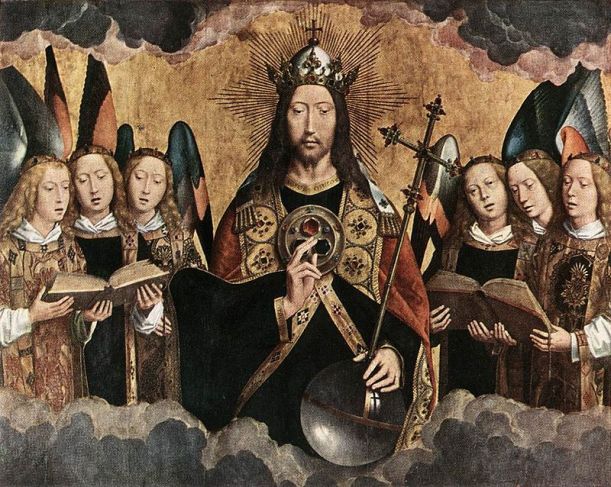
Christ surrounded by Musician Angels, Hans Memling (c.1480), Royal Museum of Fine Arts, Antwerp, Belgium.
Let’s not be surprised that God has allowed the recent murderous atrocities in Paris, Lebanon and Mali to occur just before the Solemnity of Christ the King. In an article in The Australian called Western Civilisation is under threat, but not just from terrorism, Greg Sheridan writes with great insight.
The interaction of the terror threat with traditional geo-strategic issues makes both much more difficult for the West to manage. At the same time, the West is undergoing a genuine civilisational crisis of belief and of governance. This is the first generation in Western history that, substantially, is not sustained by any transcendent beliefs. The death of God is also in the West the death of purpose and, for many, the death of meaning.
Can a civilisation really sustain itself on the basis of an ideology of self-realisation and entitlement liberalism? If so, it will be the first time in history. Not only that, even if the model was internally sustainable, can it really produce a society vigorous enough to defend itself against these multiplying security challenges.
George Orwell once remarked that the English sleep easy in their beds at night because rough men stand ready to do rough things on their behalf. Every soldier, every police officer, is ultimately prepared to sacrifice their life for an idea, a set of principles, a set of values, that they believe transcends their own experience and even their own mortality.
Western society is moving ever further away from the idea that anything beyond the individual can demand such sacrifice. The internal liberalism has never been more oppressive, while the ability to stand seriously against enemies is very much in question.
Straws in the wind even in Australia demonstrate grotesque elements to our civilisation. The Catholic Archbishop of Hobart is to be hauled before a thought police tribunal for the crime of propounding traditional Catholic sexual morality. Meanwhile, we rejoice in televised cage fights between women, which even our parents, much less our grandparents, would have regarded as the essence of barbarism.
At the same time demonstrators can march through the streets calling death to Israel, or even denouncing the evil of the Jews, without attracting legal penalty.
If a society has lost strong beliefs, can it really excite the transcendent loyalty of its own citizens, or of people who join it through migration?
At the same time there is well-documented crisis of governance across the Western world. No Western nation can balance its expenditures with its revenues. All are caught up in an entitlements crisis. Health and welfare spending are ballooning, so are unsustainable deficits. The prestige of democracy is under severe attack. For most of the Cold War, millions of people in the Third World, and in communist societies, yearned to live in nations governed as well as those of the West. It is a hard argument to make to a young banker or IT worker in Shanghai now that they would be better off if their government had the resolve and technical skill of Greece or Spain.
Put this all together and it’s not quite yet a full-blown crisis of a civilisation. But there’s a great deal of trouble ahead.
Though Australia is not technically in the West, we have inherited the values of Western Civilisation, which have largely been formed by Christian institutions and ethics. (If you want to read more on that, go here.) But what happens when the formerly Christian west turns away from God and towards atheism, agnosticism and the ideology of self-realisation and self-indulgence? Well, God is a loving Father, and what loving Father fails to correct his child when his child is headed on a self-destructive path? We see this constantly in the narratives of the Old Testament, where God allows the Israelites to be captured by the Babylonians and the Assyrians in order that they might eventually repent and return to Him.
But they became disobedient and rebelled against You, and cast Your law behind their backs and killed Your prophets who had admonished them so that they might return to You, and they committed great blasphemies.” Therefore You delivered them into the hand of their oppressors who oppressed them. (Nehemiah 9:26-27)
The West has a choice in front of it at the moment and the choice is this. Do you want to continue in your unfaithfulness to God, or do you want to turn back to Christ and acknowledge him as the King of the Universe? And what a beautiful king he is! If only our worldly leaders were like this!
How can we describe the Kingship of Jesus?
- He is Love itself: “For God so loved the world that he gave his one and only Son, that whoever believes in him shall not perish but have eternal life. For God did not send his Son into the world to condemn the world, but to save the world through him. Whoever believes in him is not condemned, but whoever does not believe stands condemned already because they have not believed in the name of God’s one and only Son.” (John 3:16-17)
- He is Humility “who, though he was in the form of God, did not count equality with God a thing to be grasped, but emptied himself, by taking the form of a servant, being born in the likeness of men.” (Phillipians 2:6-7)
- He is Justice: “For we must all appear before the judgment seat of Christ, so that each of us may receive what is due us for the things done while in the body, whether good or bad.” (2 Corinthians 5:10).
I could go on, but if you want to know him better, read the Gospels.
It’s not even as if following Jesus is too hard to do. Is praying for a few minutes a day and worshipping God in community with the Church for an hour a week too hard? Let us pray with love and compassion for our brothers and sisters all over the world who have turned away from Christ, that they may realise before it’s too late whom they are rejecting, and turn back to the true King of the Universe.
Today’s readings:
Word format: Christ the King Year B
Pdf format: Christ the King Year B


